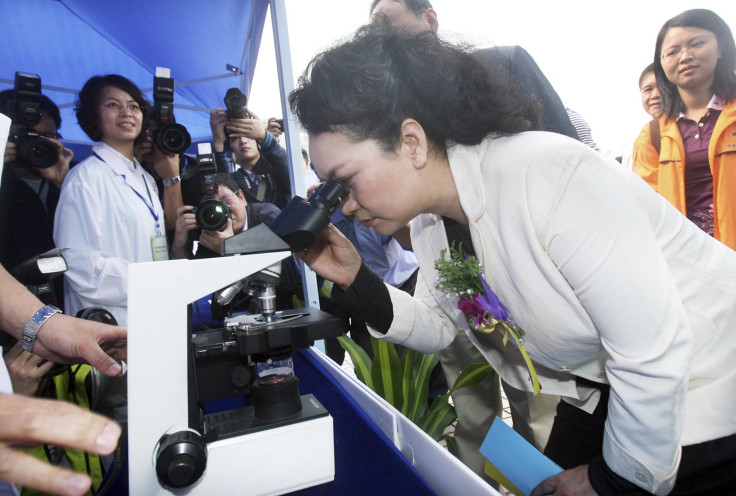Tuberculosis treatment: China’s catastrophic health expenditure for tuberculosis needs improved universal healthcare

Universal healthcare is the need of the hour. A study by researchers from the National Center for TB Control and Prevention, Shandong University and China CDC has revealed that catastrophic health expenditure (CHE) of low-income tuberculosis (TB) patients in China can be significantly lowered with improved universal healthcare. Growing universal healthcare can reduce the number of people affected by CHE.
The study, published in journal Infectious Diseases of Poverty, involved 747 TB cases. It revealed that up to 66.8 percent households in China experience CHE. After India, China has the second-largest burden of TB cases in the entire world. Ninety-five percent of the poorest households in China experience CHE compared to 43 percent of the richest households.
The study measured CHE on two common thresholds. One was 10 percent of annual household incomes, and two, 40 percent of non-food expenditures, which is the remaining income of a household once the food expenses have been met.
CHE is the out-of-pocket expenditures for healthcare, which exceed a certain household income proportion. The excess forces a household to sacrifice some of their basic necessities such as food, clothing and shelter. Out-of-pocket expenditures include tuberculosis diagnosis and tuberculosis treatment and also non-medical expenses such as transport, writes EurekAlert.
The study is a first of its kind to measure TB care’s catastrophic economic effects on households and individuals. Figures showed that on average, health care payments made up 41 percent of household annual income and 52 percent of non-food expenditure.
The researchers have suggested that China’s free treatment package should also cover transport costs and supplementary medication. It should increase the reimbursement rates and in order to reduce the number of people affected by CHE in China, universal healthcare is necessary. As tuberculosis in China is most found in 15-54 year old group, universal healthcare can lead to positive economic effects as this age group is the most productive group of population.





















